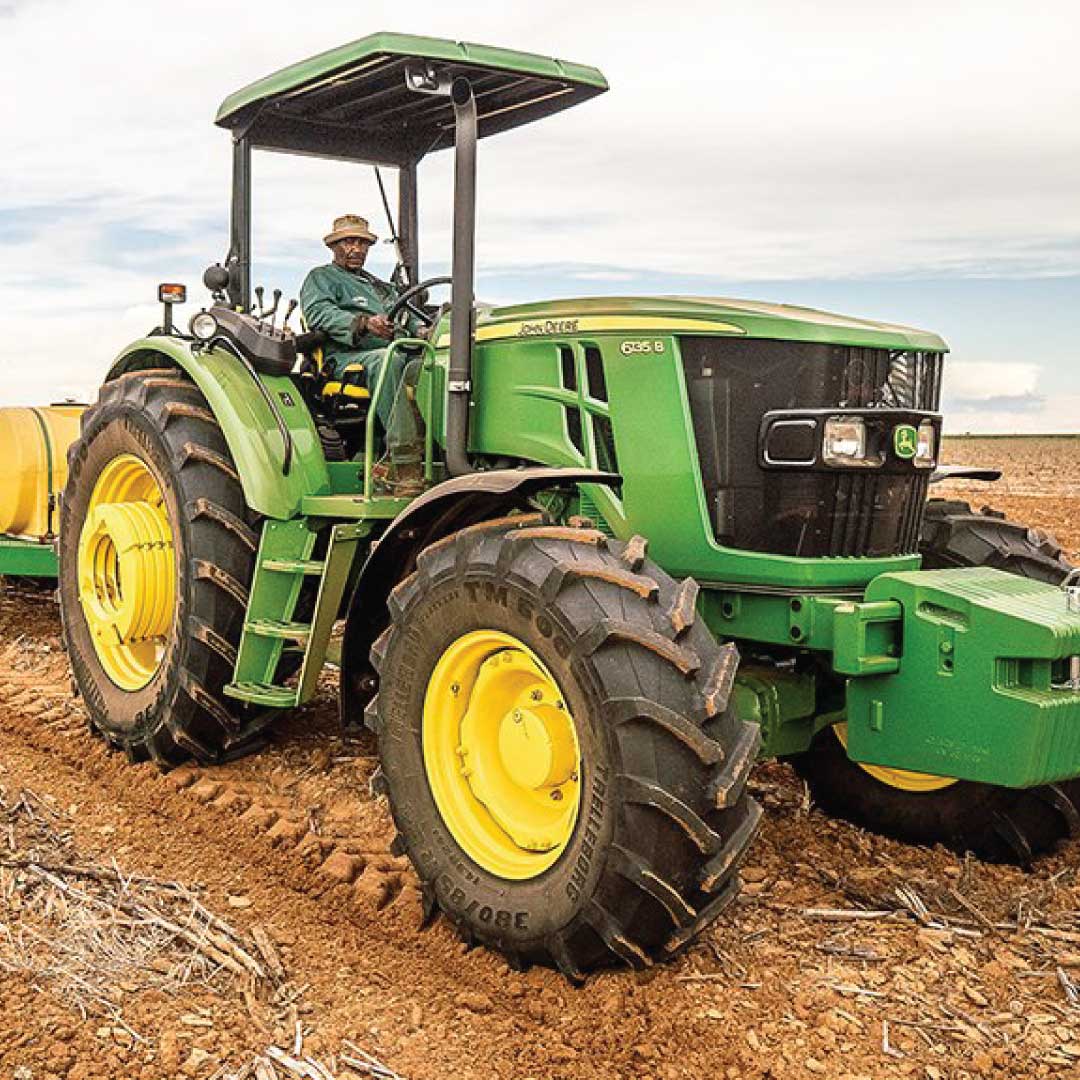Minsob Logou Togolese Inventor decided to put his time, money, and efforts into developing a local solution for farmers after seeing imported agricultural machinery – frequently paid for by the government or donors – lying unused owing to a lack of local servicing or spares. The Logoutrac mini-tractor is the result. This award-winning Togolese innovator is venturing out of the kitchen and into the outdoors.
To those who follow the realm of African invention,Minsob Logou, better known in Togo and the area as the “Father of Foufoumix,” needs little introduction. Minsob Logou has been recognized for his work by the World Intellectual Property Organization since 2002, and he came in second place at the African Innovation Awards in 2014. His passion to create is strong.
What to know about Minsob Logou
“The story began with a lifelong fascination with all things technological that I had at a young age. Since the school benches, I had a fascination with all things technological. I try to figure out how they were created, and how we get to a point where what we design can respond to a specific feature. This is what has provided me with all of my current knowledge, which far exceeds what I acquired on the benches,” Logou added.
Despite coming from a large family, his work as an engineer at Togo Telecom was not enough to keep the inventor from retiring to focus full-time on developing answers. The Foufoumix, an invention that allows home and restaurant cooks to replace hours of grueling effort, was his first significant victory. The industrial-looking kitchen equipment has become so popular in West Africa that knockoffs are now being made in China. Logou attempts to solve local problems using local solutions.
Read Also : Sendbox Nigeria E-commerce startup is Now Available in Ghana
“Observation of my neighborhood is the foundation of my study in order to build a product.” When I perceive a need, I can build machinery to make it easier for them to get a result, which will improve their performance and make their lives better,” he said.
The gruellingiration behind his latest innovation, which was recently unveiled at his little business on the outskirts of Lomé, Togo capital. Logou defines his mini-tractor as a “made-in-Togo mini-tractor, a versatile, powerful, and sturdy machine,” according to the “Logoutrac” brand.
About the Tractors
The tractor prototype, which sells for $12,000 in the Philippines, was made with recycled parts in the hopes of making spare parts more accessible to purchasers. However, the young Togolese engineer rapidly moved on to the next level due to significant initial demand.
“I can continue in recovery or recycling any longer,” he explained, “so I now manufacture some of the spare parts myself.”
The first inspiration for the mini-tractor stemmed from Logou frustration with seeing large sums of money spent on foreign farm machinery only to have it abandoned because spare parts are too difficult or expensive to obtain locally.
“Most of the time, the solutions we import from other places fall short of our requirements. As a result, we have issues with agricultural mechanization. In the field, big tractors don survive long before breaking down. When they stall, he bemoaned that “first, the expertise to discover the breakdown is an issue, and the same spare part must be purchased from the parent firm, which is rather complicated.”
Read Also : OkHi Secures $1.5 Million to Address Africa Addressing System
The mini-tractors are priced at 7 million FCFA (roughly $12,000) and are designed for both a regional and local market. That is why Lougou is keeping a close eye on Togo’s implementation of the African Continental Free Trade Agreement (AfCFTA), which should help him market his ideas across the continent. Trade obstacles are now in place, preventing major exports.
“A lot of people are interested, but there has been any worldwide export yet.” “We should do that,” Logou grumbled, “but the problem is free commerce between African countries.”




